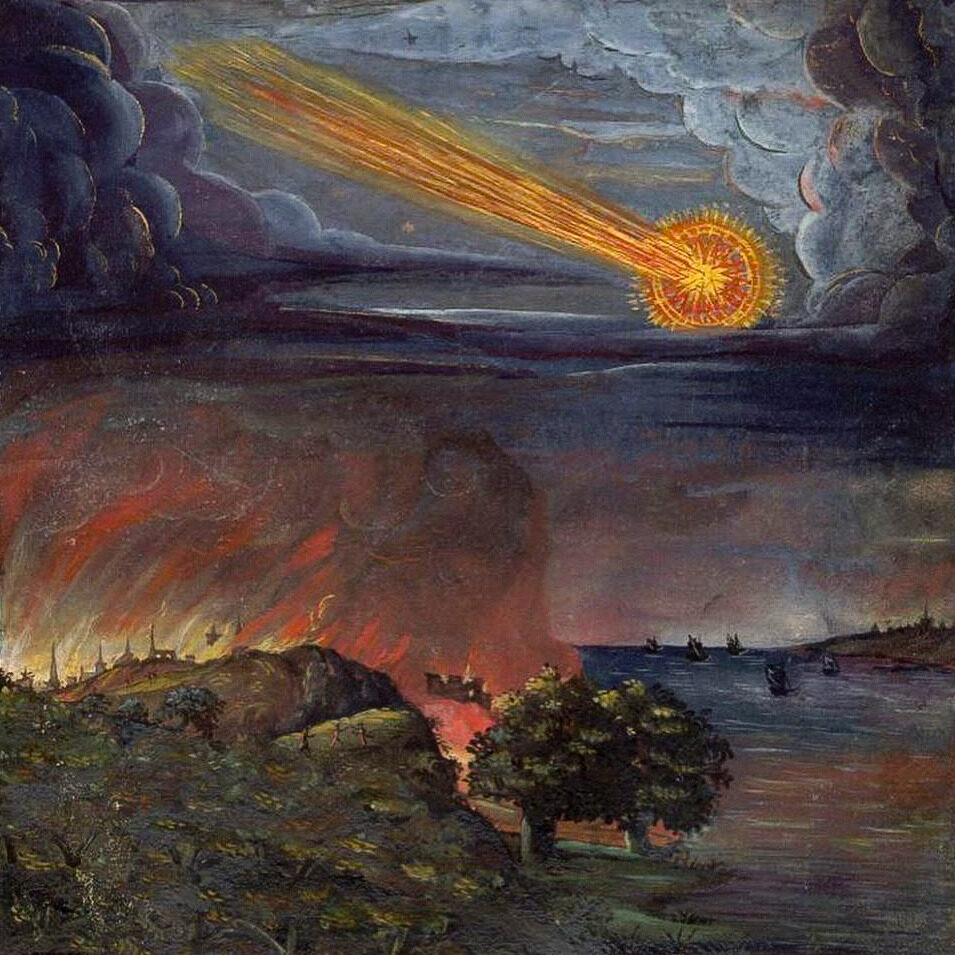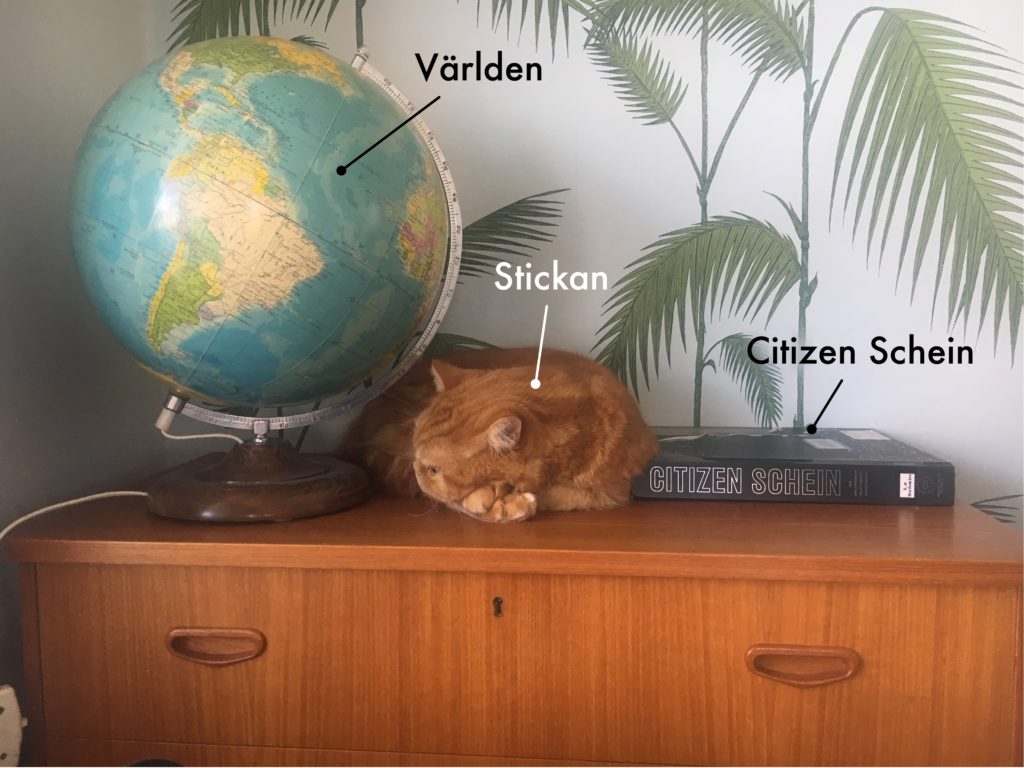
Utsnitt: om undertolkade begrepp
I en intervju berättar psykologen Carol Dweck om hur hennes begrepp “growth/fixed mindset” har missförståtts av lärare och andra:
Dweck: [Another] misunderstanding [of growth mindset] that might apply to lower-achieving children is the oversimplification of growth mindset into just [being about] effort. Teachers were just praising effort that was not effective, saying “Wow, you tried really hard!” But students know that if they didn’t make progress and you’re praising them, it’s a consolation prize. They also know you think they can’t do any better. So this kind of growth-mindset idea was misappropriated to try to make kids feel good when they were not achieving.
The mindset ideas were developed as a counter to the self-esteem movement of blanketing everyone with praise, whether deserved or not. To find out that teachers were using it in the same way was of great concern to me. The whole idea of growth-mindset praise is to focus on the learning process. When you focus on effort, [you have to] show how effort created learning progress or success.
Utsnitt: om Bruno Latours “Facing Gaia. Eight lectures on the new climate regime”
…av Ulrika Björkstén i Svenska Dagbladet:
Men Latour ger faktiskt till slut ett oväntat konkret exempel på hur det hela skulle kunna fungera – i form av Nederländernas vattenmyndighet. Alla som på olika sätt brukar vattnet måste där lyda vattenmyndighetens dekret, allt för att skydda samhället mot såväl för låga grundvattennivåer som översvämningar. Plötsligt känns det hela enklare. Få skulle ju hävda att majoritetsstyre är det enda som krävs för att en stat ska få kallas demokrati. Där måste också finnas en fungerande rättsapparat samt ett skydd för minoriteters och individers rättigheter.
Kanske behöver vi utvidga det skyddet till att innefatta fler aspekter av den sammanflätade värld vi lever i, också bortom statens territorium och egna medborgare. En rättsstat som inbegriper haven, atmosfären, städerna och glaciärerna.
Utsnitt: om Kathryn Bigelows “Detroit”
Filmkritikern David Broady är hyfsat kritisk mot Kathryn Bigelows nya film “Detroit”, och skriver hos The New Yorker:
As I watched this protracted scene of captivity, terror, torture, and murder in the Algiers Motel, I wondered: How could they film this? How could a director tell an actor to administer these brutal blows, not just once but repeatedly? How could a director instruct another actor to grimace and groan, to collapse under the force of the blows? How could a director even feel the need to make audiences feel the physical pain of the horrific, appalling police actions?
Dagens Nyheter

Estació de França

Deep Blue (Skogskyrkogården, maj 2017)
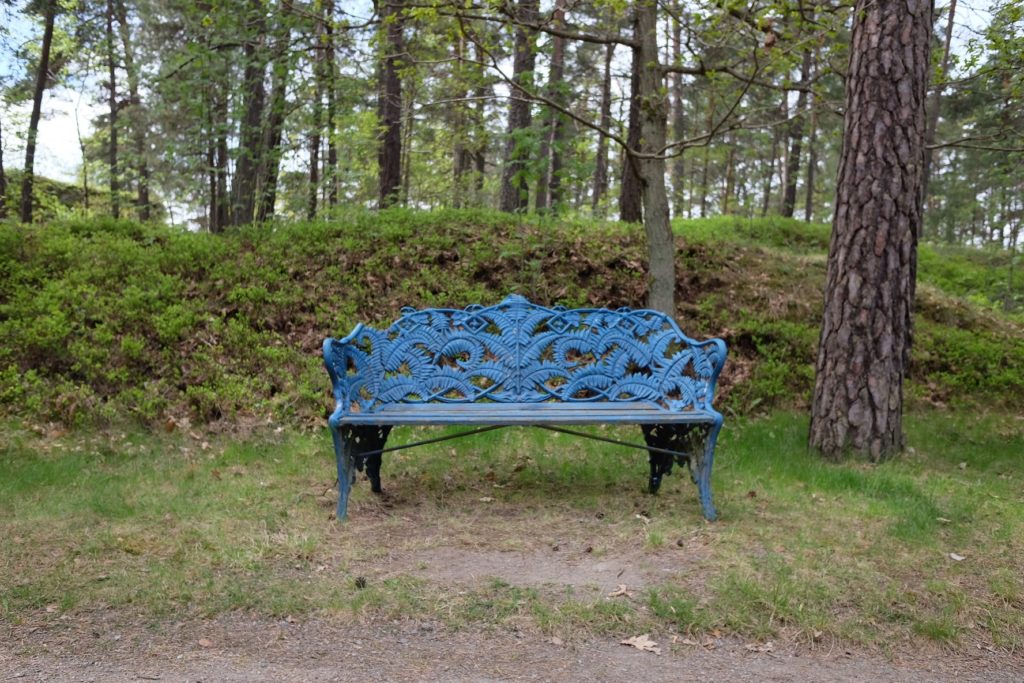
Biologiska museet 25 mars 2017
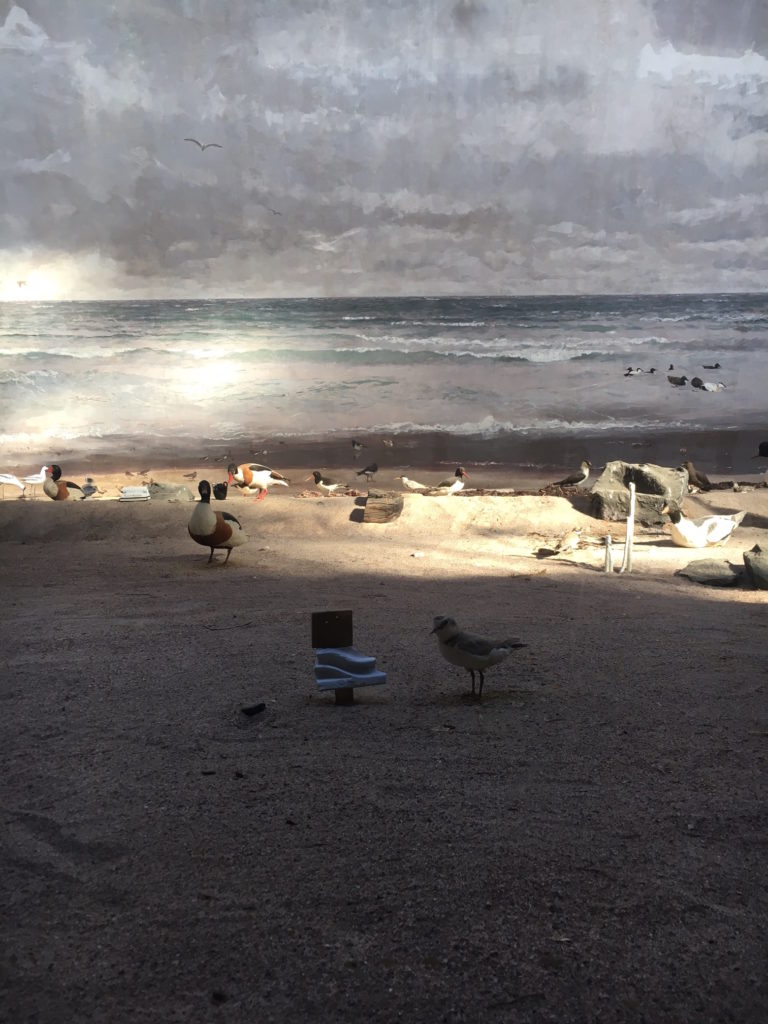
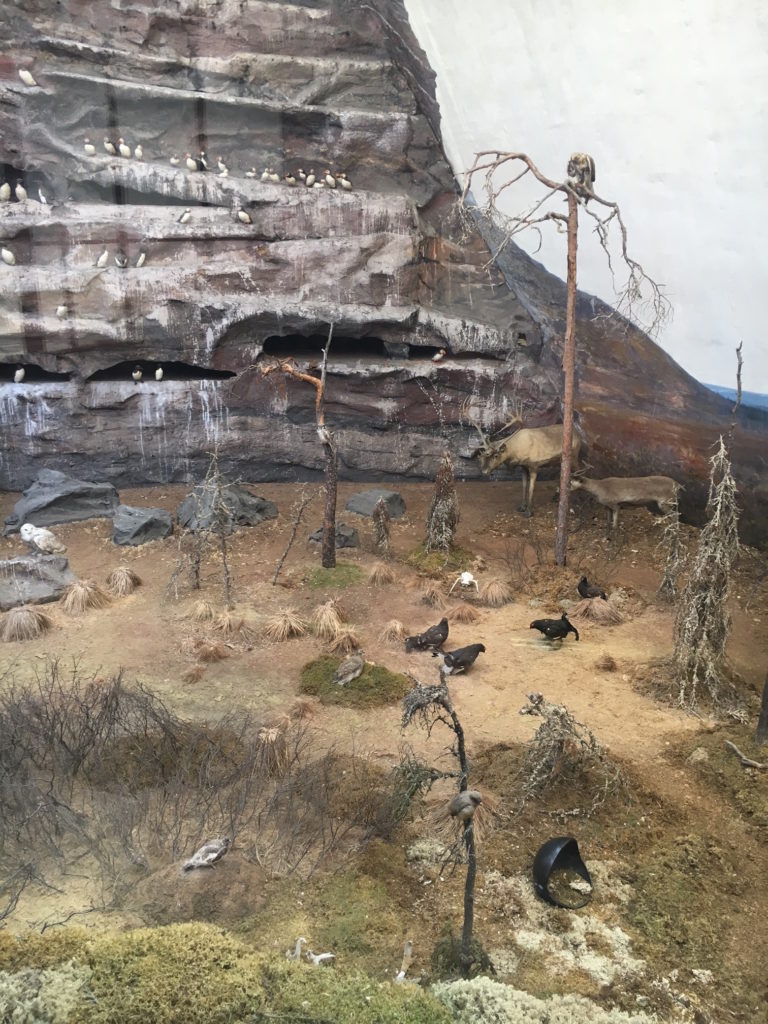
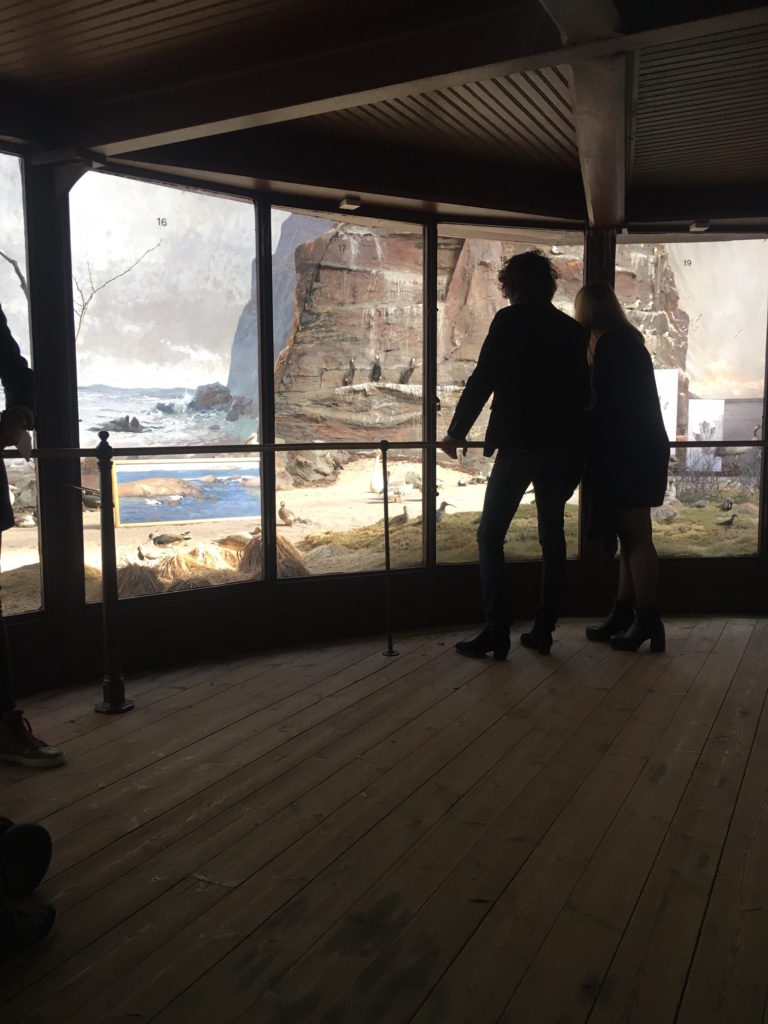
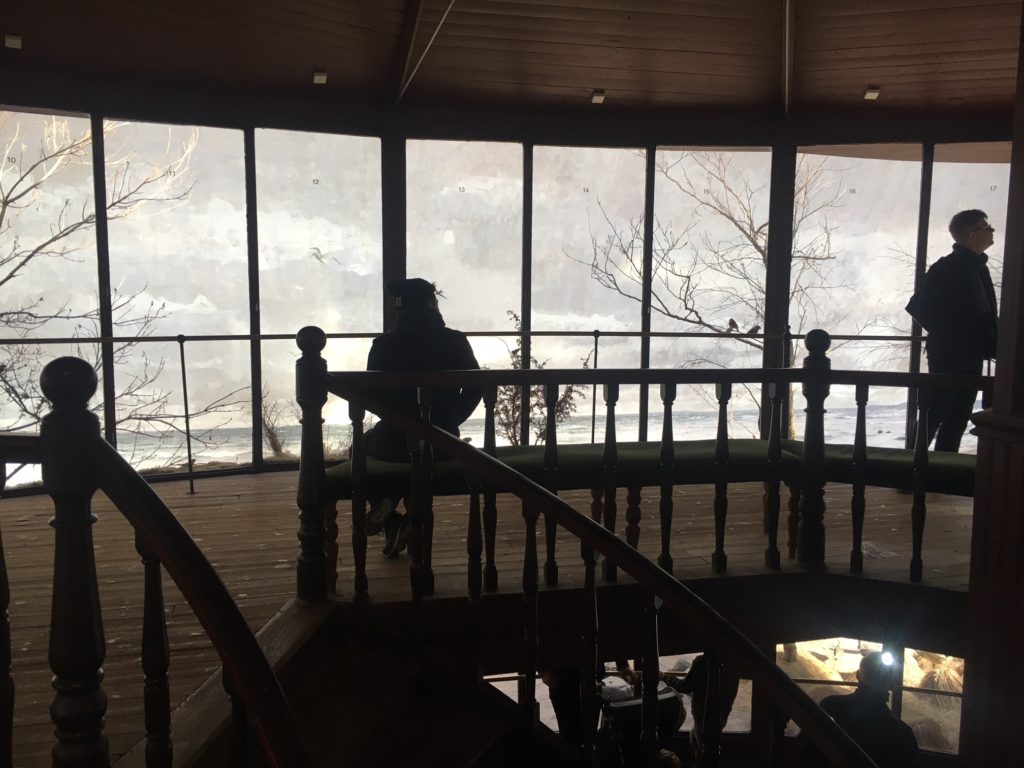

Westworld UI
De digitala gränssnitten i Westworld verkar helt sanslöst pillriga och opraktiska. Se här en supercut:
Irie
Från New York Review of Books – “The True Story of Rastafari“:
Yet it can be hard to reconcile the image sold to the world with local realities—not to mention the original politics and principles of the Rastafari movement. Rastafari began not simply as a form of countercultural expression or fringe religious belief. It involved a fight for justice by disenfranchised Jamaicans, peasant laborers and the urban underemployed alike, in what was then a British colony. In the 1930s, the Rastafari established a self-sufficient community to put their beliefs into practice. Almost eighty years later, the people Marley’s music spoke to—members of Jamaica’s “sufferah” underclass—continue to live in deep poverty, while the redemptive social organization the movement sought to create has been largely forgotten.
